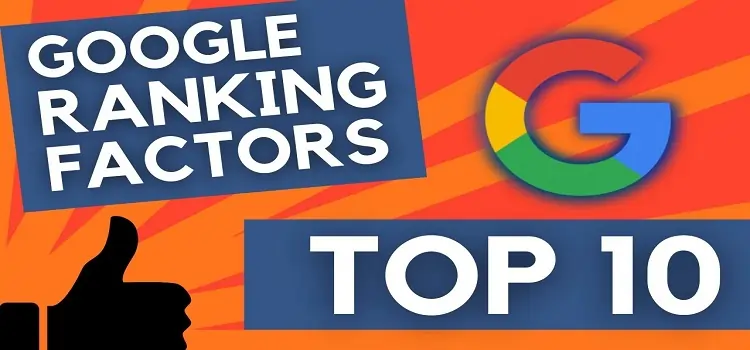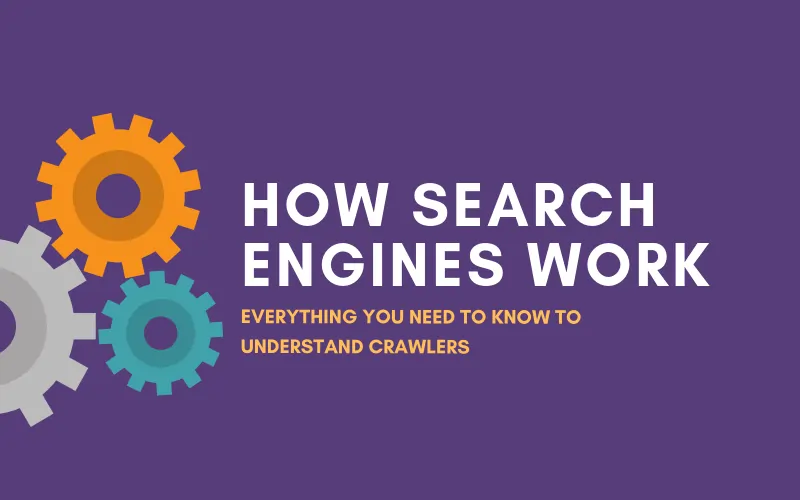SEO Website Auditing : Optimizing Your Online Presence for Success

SEO Website Auditing
Optimizing Your Online Presence for Success
Welcome to our comprehensive guide on SEO website auditing! In today’s digital landscape, having a well-optimized online presence is crucial for the success of any business or organization. In this article, we will delve deep into the world of SEO website auditing and provide you with valuable insights and strategies to improve your website’s search engine rankings.
1. Understanding the Importance of SEO Website Auditing
In today’s competitive online landscape, search engine optimization (SEO) plays a crucial role in determining the visibility and success of your website. SEO website auditing involves evaluating and optimizing various aspects of your website to ensure it adheres to the best practices recommended by search engines like Google. It helps identify areas for improvement and ensures your website is well-structured, user-friendly, and highly optimized for search engine rankings.
2. Conducting Keyword Research for SEO Website Auditing
LSI Keywords: keyword analysis, SEO audit tools, website optimization
A fundamental aspect of SEO website auditing is conducting thorough keyword research. By identifying the right keywords related to your business or industry, you can optimize your website’s content to target the specific search terms your potential customers are using. Utilize keyword analysis tools to identify high-volume and relevant keywords. Incorporating these keywords strategically throughout your website will help search engines understand the context of your content and improve your chances of ranking higher in search results.
3. Optimizing On-Page Elements
LSI Keywords: on-page optimization, title tags, meta descriptions, search engine rankings
Title tags and meta descriptions are vital on-page elements that greatly influence your website’s search engine rankings. Optimizing these elements involves crafting compelling and keyword-rich titles and descriptions that accurately represent the content of your web pages. Ensure your title tags are concise, informative, and include your target keywords. Similarly, write engaging meta descriptions that entice users to click on your website in search results. By optimizing these elements, you increase the likelihood of attracting organic traffic to your site.
4. Creating High-Quality and Engaging Content
LSI Keywords: content optimization, high-quality content, user engagement
When it comes to SEO, content is king. Creating high-quality, relevant, and engaging content is crucial for the success of your website. Optimize your content by incorporating your target keywords naturally and strategically. Use heading tags (H1, H2, H3, H4) to structure your content and make it easier for search engines to understand. Break down your content into sections with descriptive headings and subheadings, ensuring a smooth reading experience for your visitors. Additionally, include images, infographics, and videos to enhance user engagement.
5. Building a Strong Backlink Profile
LSI Keywords: backlink profile, link building, authority websites
Backlinks, or incoming links from external websites, are an essential component of SEO. They signal to search engines that your website is reputable and authoritative. Building a strong backlink profile involves acquiring high-quality backlinks from relevant and authoritative websites within your industry. Engage in link-building strategies such as guest blogging, influencer outreach, and creating shareable content to attract valuable backlinks. Remember, quality is more important than quantity when it comes to backlinks.
6. Improving Website Loading Speed and User Experience
LSI Keywords: website loading speed, user experience, mobile optimization
Website loading speed and user experience are critical factors in SEO. Slow-loading websites can negatively impact user engagement and lead to higher bounce rates. Optimize your website’s loading speed by compressing images, minimizing HTTP requests, and leveraging browser caching. Additionally, ensure your website is mobile-friendly and responsive, as an increasing number of users access the internet through mobile devices. A fast and user-friendly website will not only improve your search engine rankings but also enhance the overall user experience.
7. Harnessing the Power of Social Media for SEO
LSI Keywords: social media marketing, SEO benefits, brand visibility
Social media platforms provide excellent opportunities to enhance your website’s SEO performance. By leveraging social media marketing strategies, you can increase brand visibility, attract more website visitors, and boost engagement. Share your website’s content on social media channels, engage with your audience, and encourage social sharing. The more people interact with your content and share it on social media, the more likely it is to receive backlinks and generate organic traffic, positively impacting your SEO efforts.
8. Monitoring and Analyzing SEO Performance
LSI Keywords: SEO analytics, performance tracking, data analysis
Monitoring and analyzing your website’s SEO performance is essential to track progress and identify areas for improvement. Utilize SEO analytics tools to measure key metrics such as organic traffic, keyword rankings, and backlink profile. Analyze the data to gain insights into user behavior, popular content, and areas of underperformance. Regularly monitoring your SEO performance will help you adapt your strategies, optimize your website further, and stay ahead of your competition.
9. SEO Website Auditing Checklist
LSI Keywords: website audit checklist, SEO best practices, optimization techniques
To help you conduct a thorough SEO website audit, we have prepared a checklist of essential elements to consider:
- Conduct keyword research and identify target keywords.
- Optimize title tags and meta descriptions with relevant keywords.
- Create high-quality and engaging content with descriptive headings and subheadings.
- Build a strong backlink profile by acquiring links from authoritative websites.
- Improve website loading speed and enhance user experience.
- Leverage the power of social media for brand visibility and engagement.
- Monitor and analyze SEO performance using analytics tools.
- Regularly update and optimize your website based on insights gained from data analysis.
By following this checklist, you can ensure your website is optimized for SEO and primed for success.
10. Frequently Asked Questions (FAQs)
Q1: What is SEO website auditing?
SEO website auditing is the process of evaluating and optimizing various aspects of a website to improve its search engine rankings and overall online presence.
Q2: How often should I conduct an SEO website audit?
It is recommended to conduct an SEO website audit at least once every six months to ensure your website is up to date with the latest SEO best practices.
Q3: Are there any SEO tools that can help with website auditing?
Yes, there are several SEO tools available that can assist with website auditing, such as Google Analytics, SEMrush, Moz, and Ahrefs.
Q4: Can social media impact my website’s SEO?
Yes, social media can have a positive impact on your website’s SEO by increasing brand visibility, driving traffic, and generating backlinks.
Q5: How long does it take to see results from SEO efforts?
SEO is a long-term strategy, and it can take several months to see significant results. Consistency, patience, and continuous optimization are key to achieving SEO success.
Q6: Should I hire an SEO professional for website auditing?
While you can conduct a basic website audit yourself, hiring an SEO professional can provide expertise and in-depth analysis to maximize your website’s SEO potential.
Conclusion
In conclusion, SEO website auditing is a critical process that can significantly impact your website’s search engine rankings and overall online success. By following the strategies and best practices outlined in this article, you can optimize your website for improved visibility, increased organic traffic, and enhanced user experience. Remember to conduct regular audits, monitor your SEO performance, and adapt your strategies to stay ahead in the ever-evolving digital landscape. Invest in SEO website auditing today and watch your online presence thrive.
With this comprehensive guide on SEO website auditing, we have covered the importance of optimizing your online presence, from conducting keyword research to building backlinks and monitoring SEO performance. By following these best practices and incorporating the strategies outlined in this article, you are on your way to achieving higher search engine rankings and driving more organic traffic to your website. Remember, SEO is an ongoing process, so stay up to date with the latest trends and adapt your strategies accordingly. Best of luck on your SEO journey.










